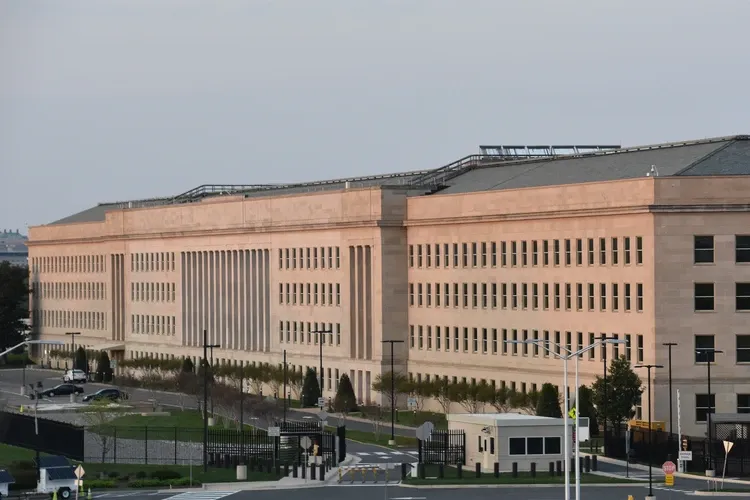The Department of Defense has revealed plans to create a nuclear gravity bomb over twenty-four times more powerful than the atomic bombs dropped on Japan during World War II.
The B61-13, pending approval and funding from Congress, would be a modernized version of the B61 nuclear gravity bomb that currently composes the majority of the nation’s weapons. The bomb, which would have a maximum yield of 360 kilotons, would include all the modern safety and accuracy features of the B61-12 and would be deliverable by modern aircraft.
Defense officials said the new bombs would provide the White House with further options to strike hard and large-area military targets, though the Pentagon said they would continue working on a comprehensive strategy for defeat of hard and deeply buried targets.
The Pentagon also plans to phase out many older bombs and replace them with the B61-13, meaning the total number of nuclear devices in the American stockpile would not increase.
"Today's announcement is reflective of a changing security environment and growing threats from potential adversaries,” Assistant Secretary of Defense for Space Policy John Plumb said in a statement. “The United States has a responsibility to continue to assess and field the capabilities we need to credibly deter and, if necessary, respond to strategic attacks, and assure our allies.”
The decision to modernize the nuclear arsenal came as America’s geopolitical rivals began to “expand, diversify, and modernize their nuclear forces while increasing reliance on nuclear weapons,” according to a fact sheet from the Pentagon, requiring nuclear force adjustments to ensure the nation’s ability “to achieve deterrence and other objectives.”
The announcement follows American experiments at a Nevada nuclear test site this month. Deputy Administrator for Defense Nuclear Nonproliferation Corey Hinderstein said the experiments would “help reduce global nuclear threats by improving the detection of underground nuclear explosive tests.”
Defense officials are also concerned that Russia is preparing to leave the Comprehensive Nuclear Test Ban Treaty prohibiting nuclear weapons tests. The 1996 treaty was never signed by many nuclear states, including China, India, Pakistan, North Korea, Israel, Iran, and Egypt.
The Defense Department claimed the creation of the B61-13 is “not in response to any specific current event” and instead “reflects an ongoing assessment of a changing security environment.”




